CHAI BUBBLY
ALCOHOL FACTS
When people go on a diet, they often choose the “light” version of their favorite alcoholic beverages in order to save a few calories. However, that is only a small piece of the puzzle. Fat metabolism is reduced by as much as 73% after only two alcoholic beverages. This scary fact shows that the primary effect of alcohol on the body is not so much how many calories we consume, but how it stops the body’s ability to use your fat stores for energy.
Muscle Tip: Drinking alcohol is the most efficient way to slash your testosterone levels; women…we don’t want this to happen either. Just a single event of serious drinking raises levels of the muscle-wasting stress hormone called cortisol and decreases the levels of testosterone for up to 24 hours. If you are working out to build strong fat-burning muscles yet consuming alcohol, this actually breaks down muscle further and you end up with a slower metabolism. This is because you break down muscle as you lift weights and you repair them as you rest if you have proper hormone levels…if not, you never repair your muscles properly!
Alcohol in the body is converted into a substance called acetate. Unlike a car that uses one supply of fuel, the body is able to draw from carbohydrates, fats and proteins for energy. When your blood acetate levels increase, your body uses acetate instead of fat. To make matters worse, the more you drink the more you tend to eat; and unfortunately, drinking will make your liver work to convert the alcohol into acetate, which means that the foods you consume at this time will be converted into extra fat on your body.If that didn’t sound bad enough; alcohol stimulates appetite and decrease your testosterone levels for up to 24 hours and increases estrogen by 300%. The infamous “beer belly” is really just an “estrogen belly.” Biochemically, the higher your level of estrogen is, the more readily you absorb alcohol, but the slower you break it down.
Also, we all know that alcohol dehydrates us. In order for fat to be metabolized, it must first be released from the fat cell and then be transported by the bloodstream where it is pushed to the liver to be used as fuel. If you are dehydrated, the liver has to come to the aid of the kidneys and can’t focus on its role of releasing fat.
Alcohol affects every organ of the body, it’s most dramatic impact is upon the liver. The liver cells normally prefer fatty acids as fuel, and package excess fatty acids as triglycerides, which they then route to other tissues of the body. However, when alcohol is present, the liver cells are forced to first metabolize the alcohol, letting the fatty acids accumulate in huge amounts. Alcohol metabolism permanently changes liver cell structure, which impairs the liver’s ability to metabolize fats, which causes fatty liver disease.
To read more, check out my book:
Keto.
The Complete Guide to Success on The Ketogenic Diet, including Simplified Science and No-cook Meal Plans
This book is really amazing and a complete guide to everything you need to heal and reach your weight loss goals. It breaks down all the latest science and information into very easy to digest pieces. It breaks through the keto myths and keeps you from going down the wrong path. Some of the topics discussed are:
- How manipulation by the sugar industry resulted in decades of fearing fat.
- How to look for root causes of disease instead of putting bandaids on symptoms (prescriptions).
- What tests are good markers for health and longevity.
- How our bodies really work including oxidative priority, fat flux, lipolysis and the reasons for metabolic disfunction.
- What is a well formulated ketogenic diet and how to figure out your own optimal macro ranges based on your body and your goals.
- All about our hormones and how they affect our bodies, moods and more.
- How to modify keto or add to it for healing from specific diseases and chronic illness.
- Including thyroid, Crohn’s, blood pressure, gout, acid reflux, IBS, gallbladder, gastric bypass, acne and eczema, depression and anxiety, fertility, Alzheimer’s, menopause, bone health, cancer, chronic pain, diabetes (1 and 2) and much more!
- Dispelling common myths and mistakes in a ketogenic diet.
- What are the most nutrient dense foods and why nutrient density matters.
- Fasting, both intermittent and long term and how to do it properly.
- Exercise and Keto Athletes.
- Complete pantry list and TWO 7 day no cook meal plans (one is dairy and nut free!).
- Additional tips and methods for healing at a cellular level.
I find if very interesting that 25% of the alcoholic patients in a particular treatment center in MN have gone through weight loss surgery.
Alcohol and sugar addiction go hand in hand. I have a heavy heart for those with food addictions because, unlike alcohol, food is unavoidable. We need it for survival. Many people claim that you can’t be addicted to sugar, but research has proven that when people binge on carbs (i.e. sugar molecules hooked together in a long chain) and then restrict, the body creates an endogenous opioid. It is released in the body much like the chemicals released when people are doing other drugs. PET and CAT scans of food addicts look just about identical to that of drug addicts and alcoholics. What I find really interesting is that “carb-addicts” carry the same D2 dopamine receptor (a gene that identifies addiction); which proves that biochemically, food addiction is just like addiction to other narcotics. A lot of my clients who are in Overeaters Anonymous tell me that they started consuming carbs and sugar just as if it were alcohol. Click HERE for reference.
The problem is that we see alcoholics as having a problem, but desiring carbs and sugar is seen as “normal” and is just a part of the typical American diet. This reminds me of one of my clients who lived in England for 10 years. Her boss came to her and had an intervention with her, claiming that she had a food addiction and the company paid for her to go to treatment. She told me how in England, they saw her problem and how it effected her work, but now that she is in the U.S., she is seen as normal.
I want you to know that there are ways to help your brain chemistry! You do NOT have to suffer from a food addiction or alcohol addiction. Alcohol turns into sugar so alcoholics are naturally drawn to sugar once they quite alcohol. Sugar (and alcohol) blocks serotonin receptors. Leading to more cravings for carbs and alcohol. Do you know where serotonin comes from? Not the brain…it is the intestinal tract. So how can we fix these terrible life-consuming cravings for sugar/alcohol?
I first recommend something called Bifido bacteria. This is a probiotic that you can find in food sources such as kim chi and other naturally fermented veggies. But since we don’t eat enough of these foods, I suggest a supplement to increase serotonin. Click HERE to find the one I take daily (my kids also take THIS one). 70% of our immune system is in our gut. This is the best thing for anyone who is depressed or dealing with cravings should take.
DAIRY FREE WHIP CREAM
If you are trying to go dairy free, but still want a little “whipped cream” on your drink or keto-pie this holiday season, try my trick: Place a can of coconut milk in the fridge overnight. Gently remove from the fridge and open the can (cream will be on the top and coconut milk will be on the bottom). Scoop out only the cream and place into a medium sized bowl (leave the water in the bottom). Scrape the seeds from a vanilla bean into the coconut cream and sweeten to taste with a little Swerve Confectioners or stevia glycerite. Enjoy!
CHAI BUBBLY

Chai Bubbly
Ingredients
- 2 chai tea bags I used decaf
- 1/4 cup Natural Sweetener or stevia glycerite to taste
- 2 cups Mineral Water or LaCroix coconut flavor
- 1/2 cup unsweetened macadamia nut milk or low-fat coconut milk
OPTIONAL GARNISH:
- nutmeg
- lemon twists
- Coconut cream or heavy cream, whipped (sweetened with a touch of Swerve confectioners or stevia glycerite and a vanilla bean)
Instructions
- Combine 2 chai tea bags and 1/2 cup boiling water in a small bowl.
- Steep tea bags in the water for 10 minutes.
- Remove tea bags. Squeeze tea bags into the water to get extra flavor out.
- Add natural sweetener and fizzy water to the hot water, then stir in the unsweetened almond/coconut milk.
- Garnish with sweetened coconut cream (or organic whipped cream), nutmeg, and/or lemon twists.
- Serve chilled.
Nutrition
Testimony of the Day about Autism and Hair Loss
“My 9 yr old daughter with Down Syndrome is pretty high functioning and has minimal health issues but does have hypothyroidism since birth. She lost all her hair suddenly at age 5. We went through tests, celiac was negative, deficiencies negative, thyroid stable. At the same time, my third child was just born and my 3 yr old son was diagnosed with autism. I had gone back and forth trying the gluten free for my son, as well as casein free. But still seemed like I was going off anecdotal symptoms and no doctor on this end was going to tell me his issues were stemming from diet.
Meanwhile, the dermatologist wanted us to do a rogaine/steroid concoction on our daughter to grow her hair back. we just couldn’t do it. But after that, I started keeping the gluten minimal to none for all kids. Well her hair started growing back within 2 months of total hair-loss with no drugs. She still had some bald patches but has a cover of hair again. Some new loss had started a year ago, and she was still getting some snack that had gluten…but then I stopped that and noticed her hair loss stop. Still not making the connection until I read your book a few months ago! Now I truly believe it’s a gluten intolerance and/or diet-related. Oh and I forgot to mention the psoriasis patch she was diagnosed with (which no creams worked for) and a recurring rash on her buttocks for 2 yrs…gone after going gluten free. – Karen”


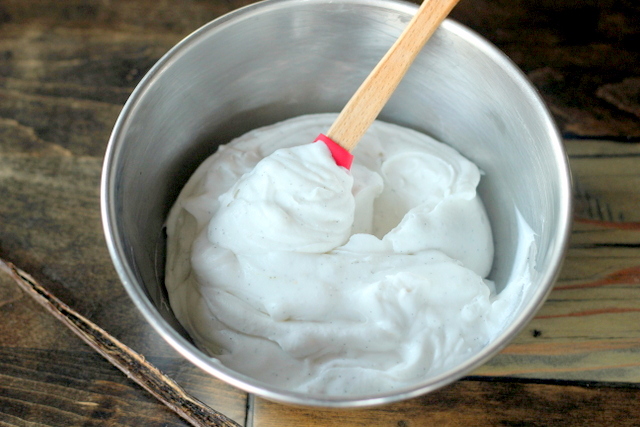


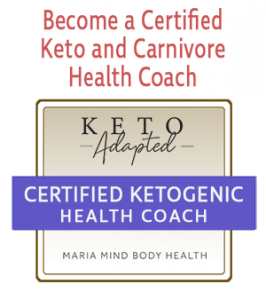



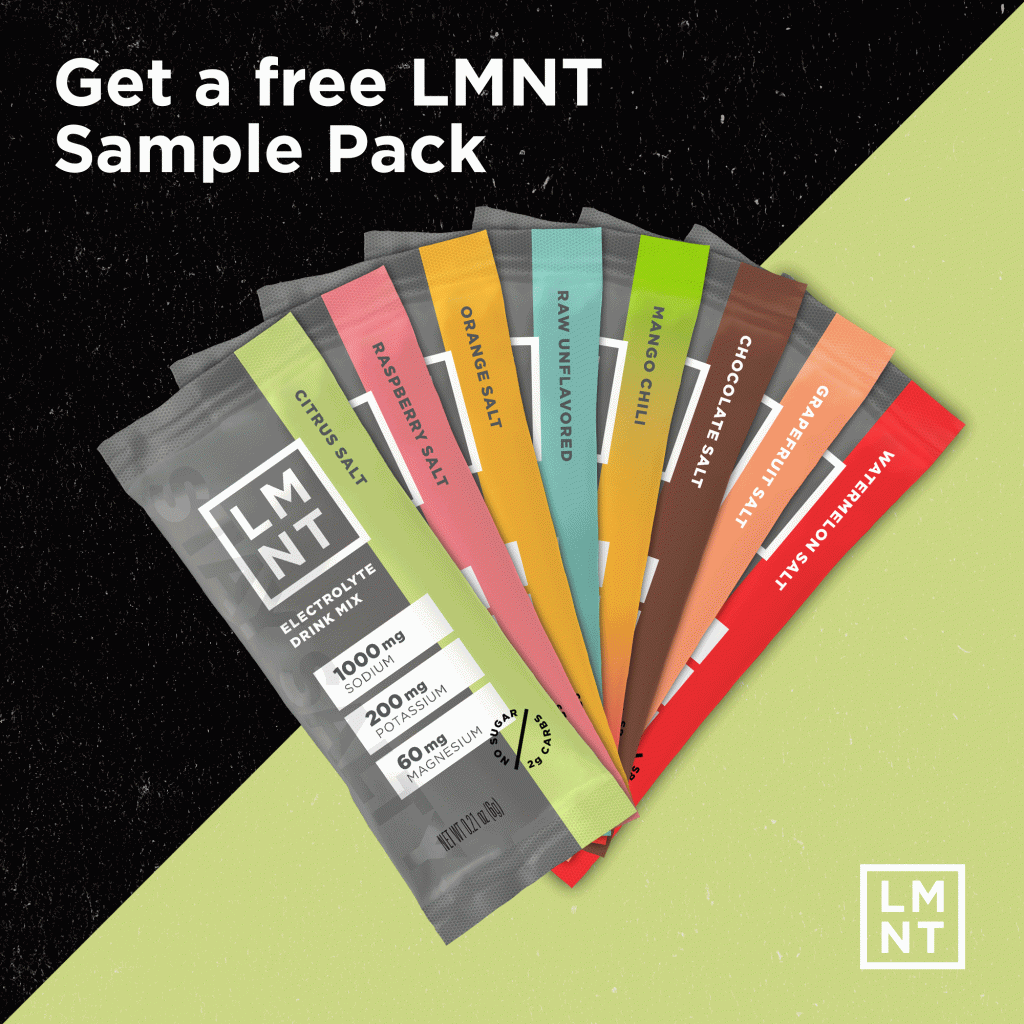


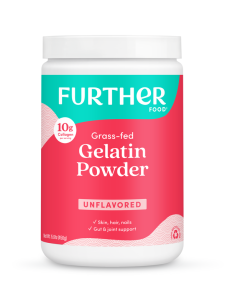

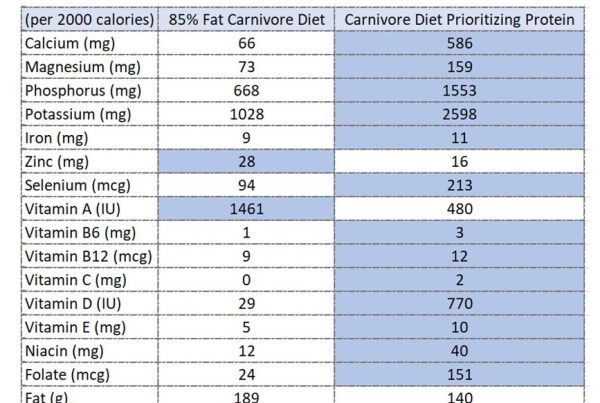


Love your blog and recipies Maria! For the coconut cream, after all is in bowl, we whip it correct? Doesn’t say to in the instructions. Thanks!
Yes you can. Thanks! 🙂